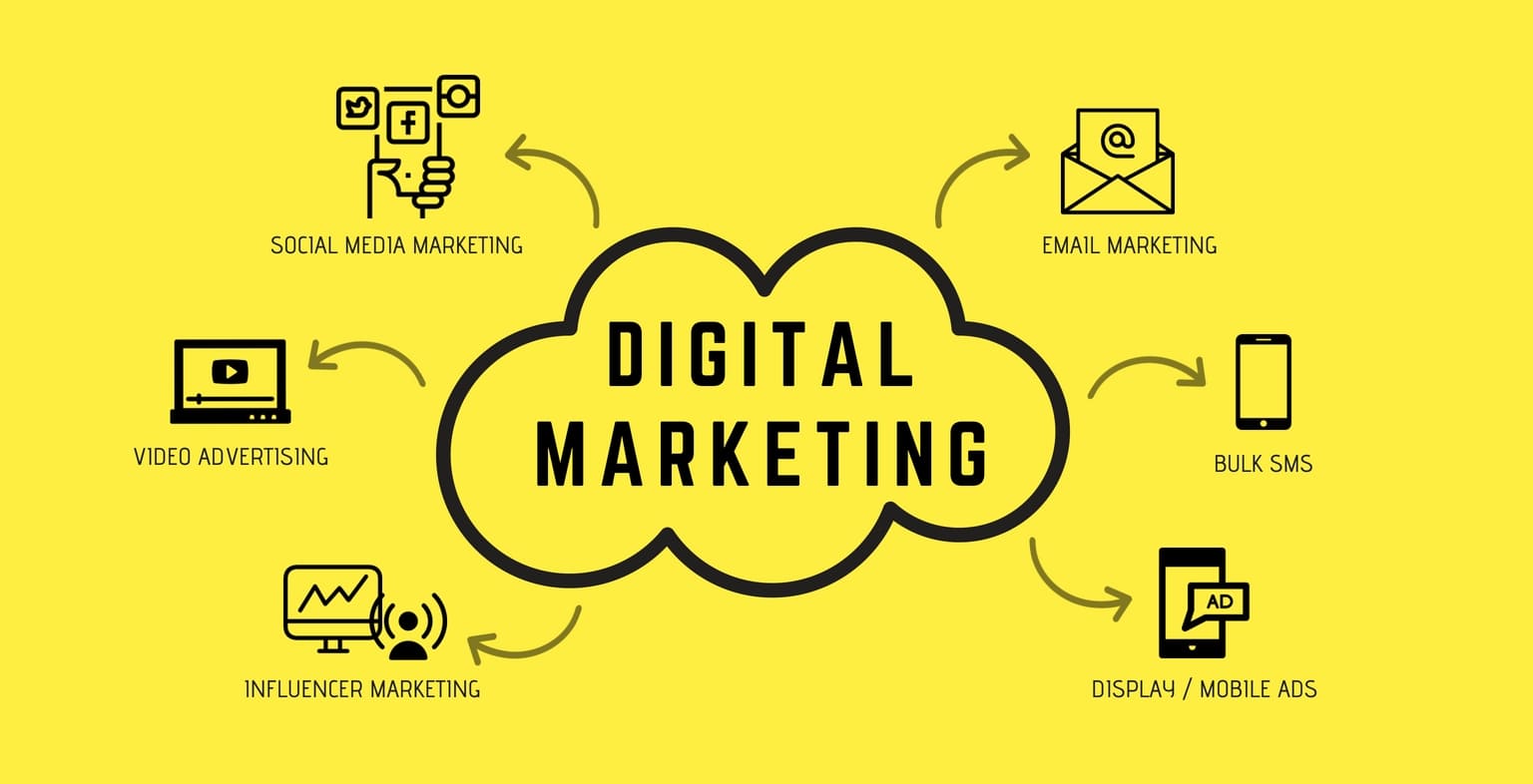In the age of digital transformation, businesses are continually seeking ways to differentiate themselves and enhance customer engagement. Artificial Intelligence (AI) has emerged as a pivotal technology in achieving these goals, particularly through its capacity to personalize customer interactions. This article delves into how AI-driven personalization is revolutionizing marketing and customer service, transforming generic interactions into meaningful, customer-centric experiences.
Understanding AI-Driven Personalization
AI-driven personalization refers to the use of artificial intelligence technologies to tailor interactions and content based on individual customer preferences, behaviors, and histories. This approach goes beyond traditional segmentation by enabling real-time customization of marketing messages, product recommendations, and customer service responses.
Key Components of AI-Driven Personalization
- Data Analysis and Interpretation: AI algorithms can process vast amounts of data at an unprecedented speed. By analyzing historical data, current interactions, and even social media activity, AI provides a comprehensive understanding of a customer’s preferences and needs.
- Predictive Analytics: AI can forecast future customer behavior based on past data. This predictive capability allows businesses to anticipate needs and tailor interactions accordingly, significantly enhancing the customer experience.
- Dynamic Content Customization: AI enables dynamic adjustment of content, including emails, website interfaces, and ads, to fit the interests and behaviors of each user. This real-time personalization ensures that customers receive the most relevant and engaging content.
AI and Marketing Personalization
In marketing, personalization is key to capturing customer interest and driving conversions. AI elevates this personalization by enabling marketers to create highly targeted campaigns that resonate deeply with individual customers.
Enhanced Targeting
AI algorithms help marketers refine their targeting strategies by identifying which customers are most likely to respond to specific messages. For example, AI can determine which customers are more inclined to purchase a particular product based on their browsing history and past purchases, allowing for more precise targeting in marketing campaigns.
Real-Time Interaction Management
AI excels in managing real-time interactions on digital platforms. Whether through personalized product recommendations on e-commerce sites or tailored content on social media, AI ensures that every touchpoint is optimized for engagement based on the user’s immediate context and needs.

AI in Customer Service
Customer service is another critical area where AI-driven personalization can have a significant impact. By understanding and anticipating customer needs, AI can transform the customer service landscape.
Personalized Support
AI technologies enable support systems to provide personalized assistance to customers. For instance, AI can automatically suggest solutions based on the customer’s purchase history and previous support interactions. This personalized approach not only speeds up resolution times but also enhances customer satisfaction.
Automating Routine Interactions
An AI chatbot can handle routine inquiries and support tasks, allowing human agents to focus on more complex issues. These chatbots are capable of learning from each interaction to improve their responses over time, making them increasingly effective at handling customer queries.
The Integration of AI with CRM Platforms
Integrating AI with CRM platforms enables businesses to leverage their customer data more effectively, enhancing personalization across all customer touchpoints. By analyzing data stored in the CRM, AI can help businesses understand customer segments more deeply, predict future behaviors, and tailor interactions to maximize customer engagement and loyalty.
Seamless Experience Across Channels
AI integration allows for a seamless customer experience across all channels, whether interacting online, on mobile, or in person. This consistency is crucial for building trust and satisfaction among customers.
Continuous Learning and Adaptation
AI systems continually learn from interactions, allowing them to adapt and refine personalization strategies over time. This ongoing learning process ensures that personalization strategies remain effective and relevant as customer preferences and behaviors evolve.

Ethical Considerations in AI Personalization
As businesses increasingly adopt AI-driven personalization, it is critical to consider the ethical implications of using AI in customer interactions. Ensuring that personal data is used responsibly and transparently is paramount to maintaining customer trust.
Companies must establish clear policies and obtain explicit consent for data collection and use, making sure customers are aware of how their information is being used to personalize their experiences.
Furthermore, it is essential to implement robust security measures to protect personal data from breaches, thereby safeguarding customer privacy and maintaining a strong reputation.
The Future of AI Personalization
Looking ahead, the future of AI-driven personalization is set to become even more integrated and intuitive. Advancements in AI technologies, such as deeper machine learning models and more sophisticated natural language processing, will enable even finer levels of personalization.
For instance, AI systems could eventually predict customer needs before they even arise, offering solutions proactively. This proactive approach could redefine customer service norms, setting new standards for customer engagement and satisfaction.
As these technologies evolve, they will create new opportunities for businesses to innovate in their engagement strategies, continually enhancing the customer journey and setting new benchmarks in customer experience.
Conclusion
AI-driven personalization represents a transformative shift in how businesses interact with their customers. By enabling a deeper understanding of customer needs and preferences, AI empowers businesses to deliver more relevant, engaging, and satisfying experiences.
As AI technology continues to advance, its role in marketing and customer service will only grow, offering ever-more sophisticated tools for businesses to enhance their customer interactions and achieve competitive advantage. Embracing AI-driven personalization is not just beneficial; it is essential for any business committed to excellence in customer engagement.









Leave a Reply